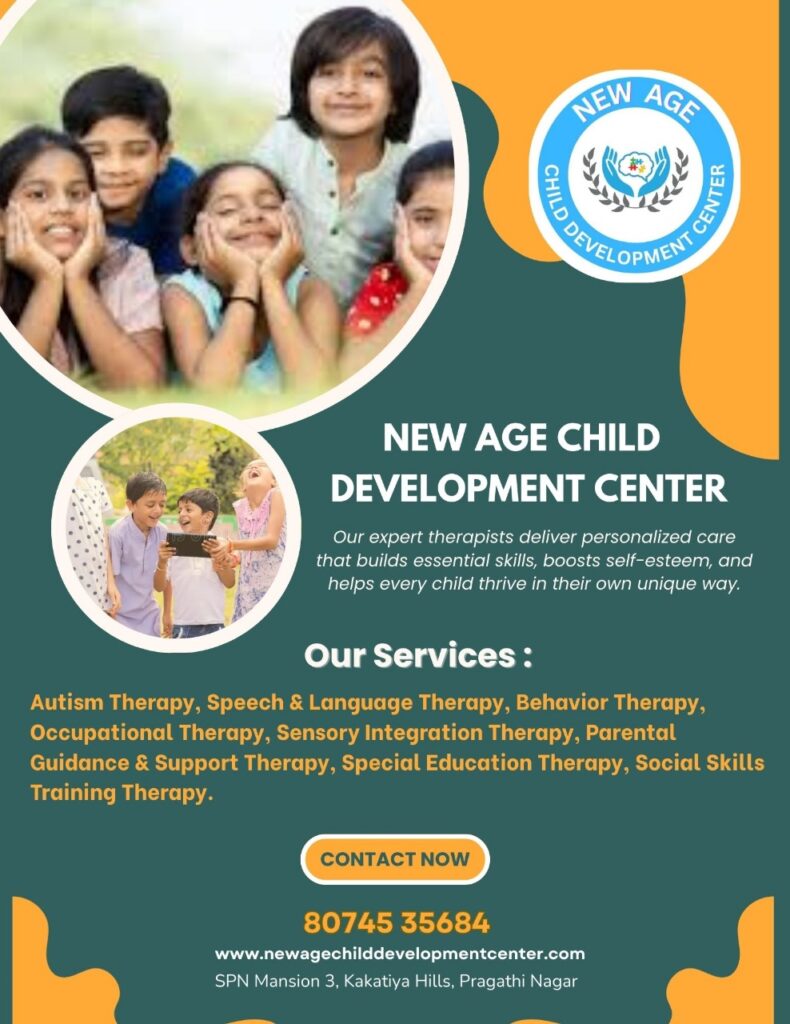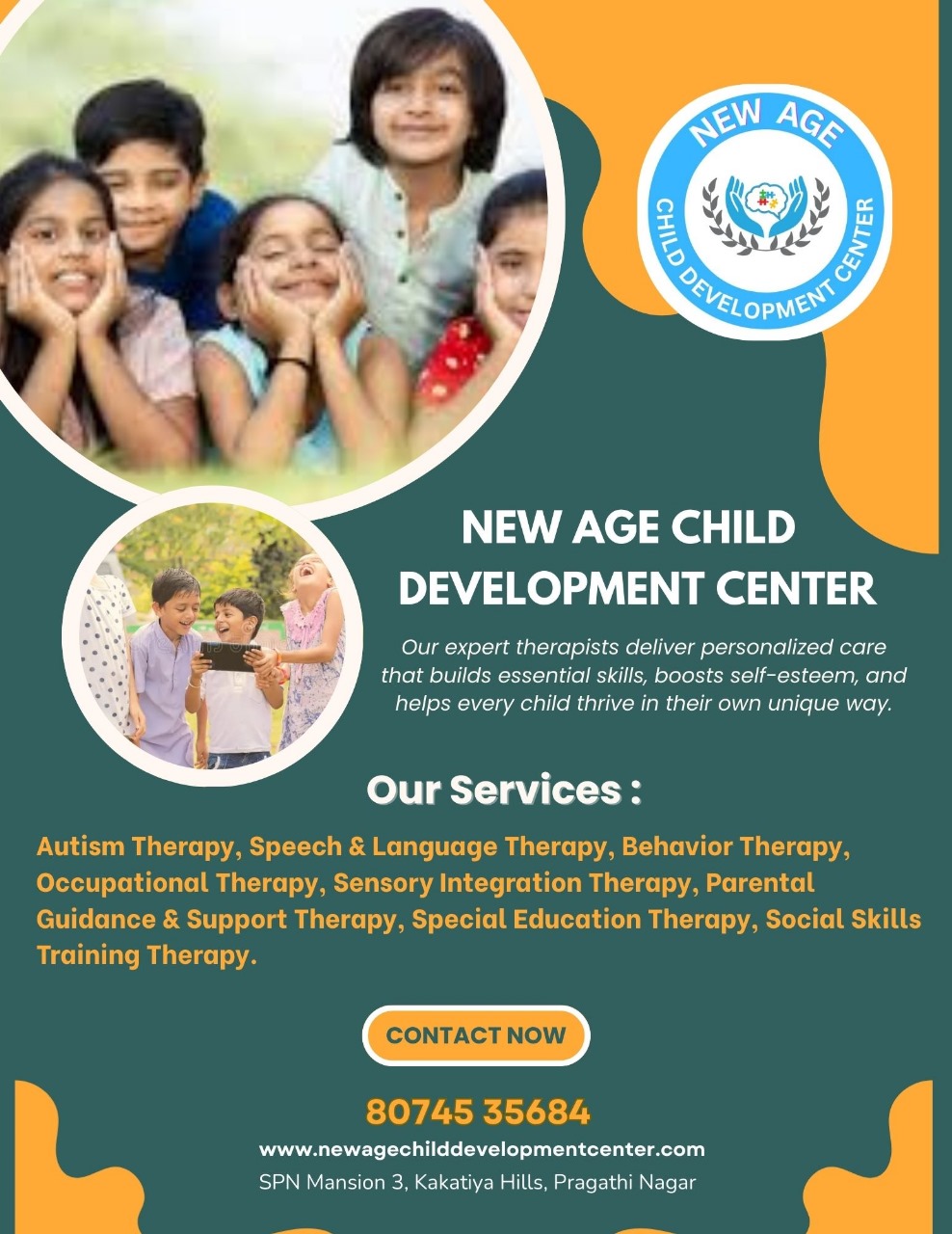How Your Stress Affects Your Child’s Behavior. Parenting is a rewarding yet challenging journey, and many parents face parental burnout due to the constant demands of raising children. Stress, fatigue, and emotional exhaustion can not only affect your health but also influence your child’s behavior. Understanding this connection is vital for fostering a healthy family environment. In order to effectively support both parents and children, the New Age Child Development Center places an emphasis on the significance of addressing parental stress.

What Is Parental Burnout? Affects Your Child’s Behavior
Parental burnout is a state of chronic stress and exhaustion that arises when parenting responsibilities exceed a parent’s emotional and physical resources. Symptoms may include irritability, fatigue, feelings of detachment, and decreased patience. Parents searching for “signs of parental burnout” often notice that their stress affects their interactions with their children, leading to behavioral changes.
Children are sensitive to their parents’ emotional states. When parents are stressed or overwhelmed, kids may exhibit anxiety, clinginess, aggression, or behavioral regression. Studies confirm that parental stress impacts child development, affecting emotional regulation, social skills, and learning ability.
How Stress Translates to Child Behavior
Chronic parental stress can result in unintentional negative behaviors at home. Examples include:
- Short-tempered responses to minor misbehavior
- Inconsistent discipline
- restricted participation in educational or playtime activities,
- Reduced emotional availability
When parents investigate “how parental burnout affects children,” they frequently observe their children becoming more withdrawn, anxious, or disruptive. These behaviors are not the child’s fault—they are responses to the household environment shaped by stress.
The New Age Child Development Center assists families in mitigating these effects by assisting parents in developing healthier coping mechanisms that have a positive impact on the behavior of their children.
Strategies to Manage Parental Burnout
Managing parental burnout is crucial for both parent and child well-being. Strategies include:
- Routines for self-care: Sleep, nutrition, and exercise should be prioritized.
- Stress management and mindfulness: yoga, deep breathing, or meditation
- Avoid overscheduling your children and yourself by setting reasonable expectations.
- Seeking support: Parenting groups, counselors, or professionals at New Age
- Child Development Center: Communicate openly and appropriately with partners and children about your feelings.
Parents searching for “ways to reduce parental stress” or “managing burnout while parenting” can benefit greatly from professional guidance and structured support systems.
Why Professional Support Matters
For the long-term well-being of a family, seeking assistance from experts is essential. New Age Child Development Center offers counseling, workshops, and developmental support to address both parental burnout and its impact on children. Their team works with families to identify stress triggers, improve parent-child communication, and foster a nurturing environment.
Long-tail solutions such as “parental burnout counseling in Hyderabad”, “how parental stress affects child behavior”, “child development support for stressed parents”, “managing parental stress at home”, and “parent-child behavioral guidance services” are increasingly sought by parents looking for structured support.
Parental burnout is more than just fatigue; it directly impacts your child’s behavior and emotional development. By recognizing the signs, implementing coping strategies, and seeking expert support from New Age Child Development Center, parents can create a healthier, more balanced home environment. Investing in parental well-being ultimately leads to happier, more resilient children.



